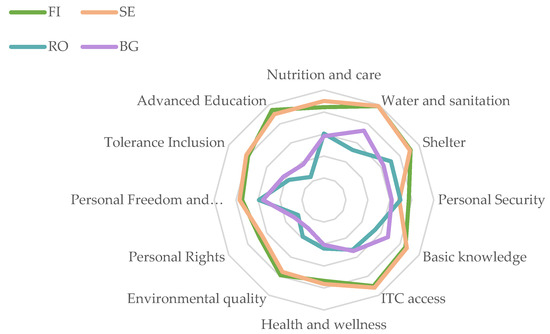The European Union’s economic policies are showing positive results, leading to stronger trade relations and improved stability across its member countries. Recent reports highlight that the EU’s strategies are helping the region maintain steady growth and attract investment.
Experts say the EU’s focus on sustainable development, trade agreements, and fiscal coordination has been central to this progress. Member countries are seeing benefits in both domestic markets and international trade, creating a more resilient economic environment.
Trade relations between EU nations and global partners have strengthened, thanks to policies that promote fair commerce and reduce barriers. This has encouraged businesses to expand operations and increase exports, boosting overall economic activity.
Economic analysts point out that stability in the financial sector is a key factor behind these positive outcomes. Coordinated monetary policies, support for small and medium-sized enterprises, and investment in innovation have all contributed to healthier economies in the region.
The EU has also emphasized green and digital transitions as part of its economic strategy. Initiatives supporting renewable energy, digital infrastructure, and sustainable technologies are helping member states modernize industries while creating new job opportunities.
Officials note that these policies have increased investor confidence and strengthened the region’s global competitiveness. Stronger trade ties and coordinated economic efforts are helping the EU navigate global challenges and maintain growth amid uncertain international conditions.
The positive impact is also visible in employment rates. Many member countries report steady job creation, particularly in technology, renewable energy, and logistics sectors. Economic growth is translating into tangible benefits for citizens, including higher wages and more opportunities.
Analysts say that continued cooperation among member states will be essential to maintain these gains. Ongoing fiscal coordination, trade negotiations, and investment in emerging industries are likely to support sustained growth and resilience in the face of future challenges.
The EU’s economic policies also aim to strengthen social welfare and ensure inclusive growth. Funding for education, healthcare, and social programs complements trade and investment policies, helping citizens benefit directly from broader economic progress.
Experts highlight that while challenges remain, including global inflationary pressures and geopolitical tensions, the EU’s policy framework provides a strong foundation for navigating these risks. The region’s approach balances growth with stability, making it a model for coordinated economic governance.
In summary, the European Union’s economic policies are producing measurable benefits. Improved trade, stronger stability, and increased investment signal that strategic coordination among member states can drive long-term prosperity. With continued focus on innovation, sustainability, and cooperation, the EU is positioning itself for ongoing positive economic outcomes.


